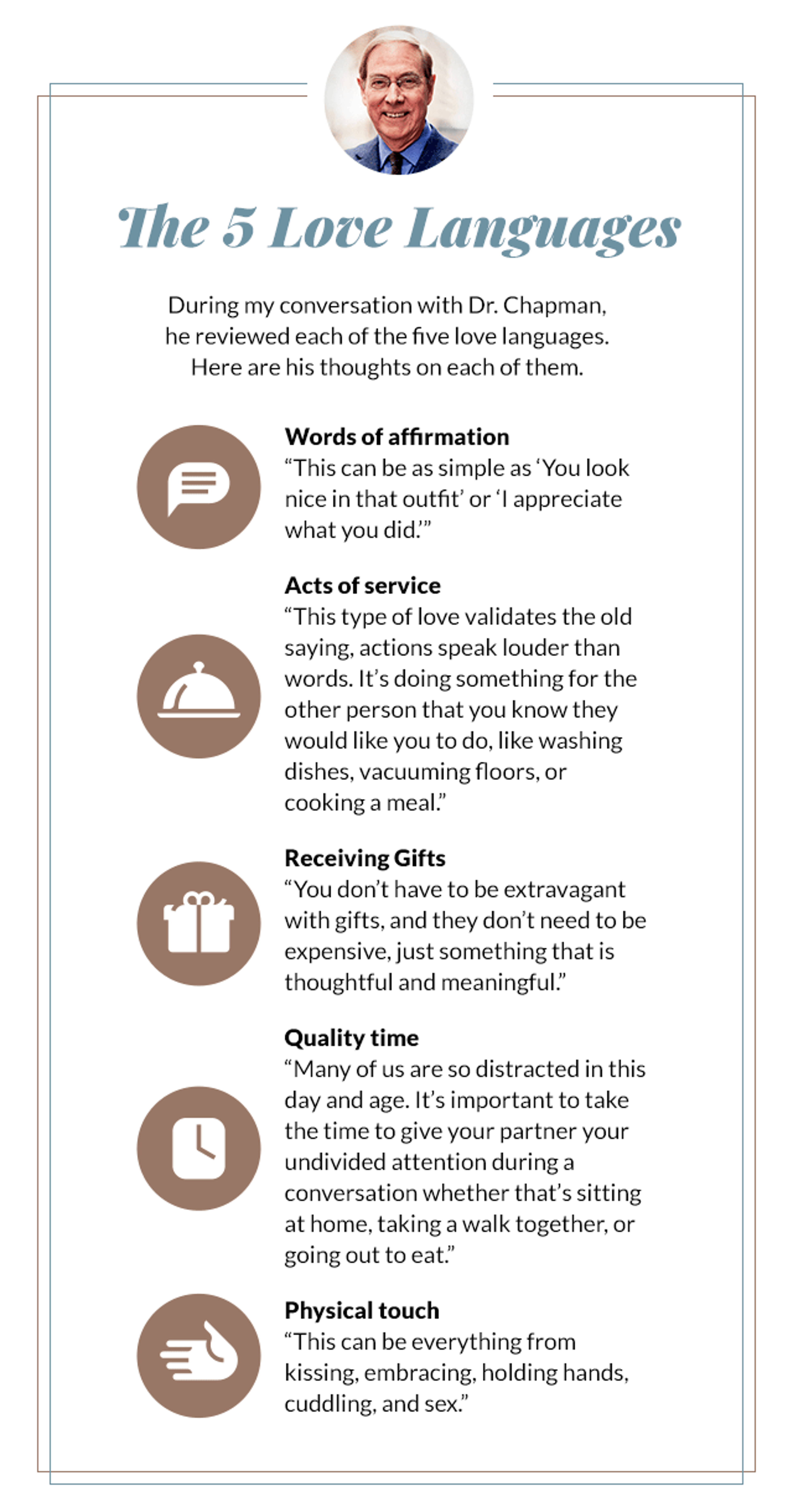Deciphering the Language of Love for Valentine's Day and Beyond
Learn how you can use the five love languages to strengthen your relationships.
Feb 10, 2024
Written by our Founder and CEO, the Celebrations Pulse letters aim to engage with our community. By welcoming your ideas and sharing your stories, we want to help you strengthen your relationships with the most important people in your life.
Valentine’s is marked by rituals that help express our love, whether it’s to a romantic partner, family members, or friends. Everything, from the box of chocolates or flowers to the special dinner, is intended to send a message beyond what words can capture.
These rituals are like a special language that communicates feelings and emotions through activities and gestures. And like a traditional language, the fact that you speak it doesn’t always mean the other person is listening or understanding what you’re trying to say.
A colleague recently shared a story that illustrated this point. He told me about how he spent days planning a Valentine’s dinner for a new girlfriend. They had a good time, but something didn’t click. They didn’t feel a strong connection until they hugged each other after the meal.
In this story, the boyfriend was showing affection with the dinner, but that wasn’t how the girlfriend wanted to receive it. She preferred physical touch over acts of service, words of affection, or even gifts. Once my co-worker figured this out, sparks flew – and they got married a few years later!

Observations from marriage counseling
The idea that each of us has a preferred love language isn’t new. It was pioneered by Dr. Gary Chapman, a North Carolina pastor and marriage counselor who noticed a pattern among the couples seeking his advice over the years. In this week’s Celebrations Chatter podcast, he told me about his light-bulb moment:
I sat down and read several years of notes that I made when I was counseling. When one said, ‘I feel like my spouse doesn’t love me,’ I asked myself the question, ‘What were they complaining about?’ Their answers fell into five categories, and I later called them the five love languages.
Dr. Chapman published his findings in the bestselling book The 5 Love Languages: The Secret to Love That Lasts. Since its debut in 1992, the book has become a major success, selling over 20 million copies in 50 languages.
The premise of his work is both simple and profound: Each of us gives and receives love in different ways. If you learn to recognize these preferences in yourself and your loved ones, you can strengthen your relationships and grow closer.
Lessons for Valentine’s
Dr. Chapman’s work provides a framework not only for those who struggle with expressing love on Valentine’s, but also those who aren’t feeling loved. He and his team have even developed quizzes to help people identify their and their partner’s love language.
But, he points out, love languages aren’t mutually exclusive. Your partner’s primary love language might be “physical touch,” but that doesn’t mean you should ignore the other love languages – especially on Valentine’s Day.
Lean over backward, go overboard! Give heavy doses of the primary love language, sprinkle in the other four, and you get extra credit!
Beyond Valentine’s
Dr. Chapman says that even if you’ve been married for a long time as he and I have, it’s never too late to learn the love language of the special person in your life.
I think five love languages will help people at any stage in the relationship. If it's a significant relationship, this concept is going to be extremely helpful in how to communicate love in a way that's meaningful to the other person.
His advice for thinking about relationships isn’t just applicable to Valentine’s – or to romantic partners. Understanding how every person in your life prefers to receive love or appreciation can strengthen all types of relationships – whether it’s with your mom or dad, children or grandchildren, your friends, or your co-workers. To Dr. Chapman, the five languages are fundamental to human nature.
At their core the languages are to help enhance relationships and improve communications between partners. And I'm just greatly encouraged with the number of people whose relationships have been impacted positively by the concept.
Just talking to my family about the love languages this last weekend, I opened a robust conversation about how we like to give and receive affection. We all want to love and be loved, and Dr. Chapman’s work provides a great guide for opening the discussion for Valentine’s Day and beyond.
All the best,
Jim









